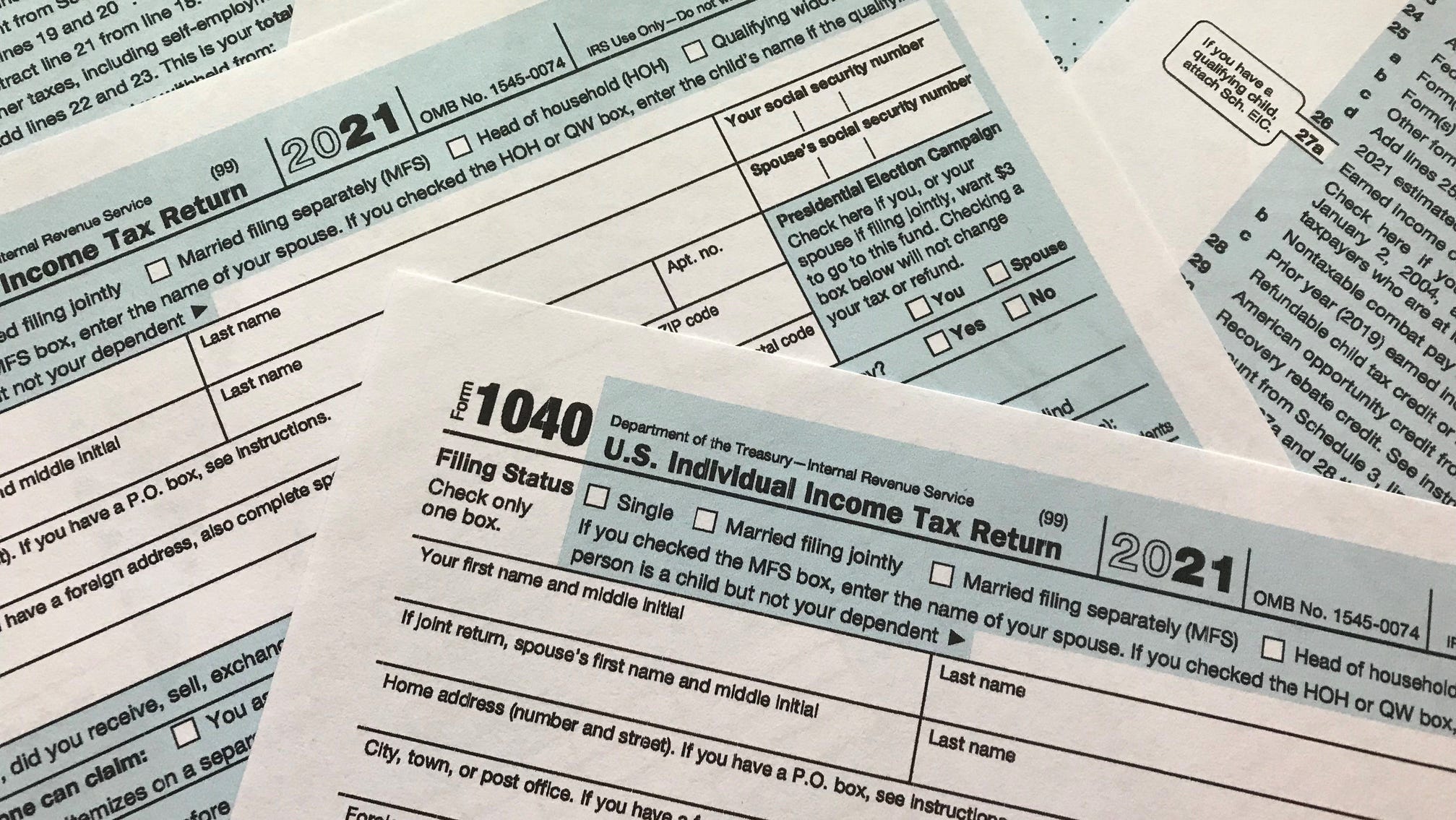The intersection of tariffs, stock market volatility, and the looming April 15th tax deadline creates a perfect storm of financial anxiety in America. Taxes, a topic as old as civilization itself, continue to be a source of confusion and frustration for many. This article delves into the sometimes absurd world of taxes, examining their impact on daily life and exploring some of the more unusual tax laws throughout history.
From import taxes affecting stock prices to the annual scramble to file income taxes, it seems taxes permeate every aspect of American life. We’ll journey from ancient tax systems to modern-day oddities like taxes on cut bagels and potential levies on cow flatulence, offering a humorous yet insightful look at this unavoidable aspect of modern society. Understanding the history and nuances of taxation can alleviate some of the stress associated with it.
Taxes: A Pervasive Topic in American Discourse
If aliens landed in America today, they might assume our primary obsession is taxes. The constant chatter about tariffs, a tax on goods entering the country, dominated discussions. This week, Congress gears up for yet another tax battle, and millions of Americans are racing against the clock to file their tax returns by April 15th. The sentiment echoing across the nation is clear: taxes are making America crazy.
But before you succumb to tax-induced despair, remember that the marriage between ‘crazy’ and ‘taxes’ is a long-standing affair. Throughout history, taxes have been a global source of bewilderment and annoyance. From taxes on imports and exports to those on income and property, it’s becoming increasingly challenging to find anything that escapes the taxman’s grasp. Taxes impact trade policies and individual financial burdens. Understanding this pervasiveness is the first step to navigating the complexities of the system.
A Brief History of Taxation
The concept of taxation dates back to ancient times, evolving through various systems over centuries. Early forms of taxation often involved levies on agricultural produce or labor. As societies grew more complex, so did their tax systems, encompassing a wider range of goods and services. The need for public funding, whether for infrastructure, defense, or royal extravagance, has consistently driven the development of tax laws.
The Bible mentions taxes. Throughout the Middle Ages, feudal lords collected taxes from their vassals, often in the form of goods or services. The rise of nation-states saw the emergence of more formalized tax systems, with governments seeking to fund their growing bureaucracies and military ambitions. Today, taxes are a fundamental pillar of modern economies, supporting public services and shaping economic policies.
Unusual Taxes Throughout History
Throughout history, governments have imposed some truly bizarre taxes. In Maine, they tax blueberries. New York taxes bagels – but only if they are sliced. Colorado taxes coffee lids but not the cup itself. Denmark might soon tax cow flatulence.
The Brits taxed wallpaper, wig powder, and homemade candles. They even taxed windows, assuming the rich would have more. The wealthy boarded up windows to avoid the tax, opting for darkness over payment. In America, Arkansas taxes body piercings and gutter cleaning, Nevada taxes live entertainment, and Washington, D.C., taxes gym memberships. Kansas taxes untethered hot air balloons, but not tethered ones. Governments throughout time are trying to find a way to get money!
When Did Taxes Begin?
Many people ask, ‘When did taxes begin?’ The idea was born way back when three Pharaohs, Deloitte, Ernst, and Young, rode past a beautiful field of grain and said to the farmer, ‘That’s a lot of grain. Give us half!’
The farmer refused. The Pharaohs consulted their accountant, H&R Ramses, who advised them to demand the grain to do Pharaoh stuff, like building things to help people, justifying what they take. They refused to work. Then, the court jester, Turbos Taxos, suggested they take the grain and promise to do those things. If people refused to pay, they would be imprisoned. The Pharaohs liked the idea and cut off the jester’s head, giving birth to the modern tax system.
The Price for … Everything
Governments have been taxing citizens on everything from horseshoes to chewing tobacco, claiming the money funds important things, like wars or queen’s bathrooms. There have been some truly strange taxes. The Brits once taxed wallpaper, wig powder, and candles. A window tax led the rich to board up windows to avoid payment.
In America, you pay taxes for body piercing (Arkansas), gutter cleaning (Arkansas), live entertainment (Nevada), and gym memberships (Washington, D.C.). In Kansas, a grounded hot air balloon isn’t taxed, but a flying one is. If you really think about it, the whole idea of taxes can seem crazy. Collection is precise, but accountability is not.
Final Thoughts on the Taxing World
Wars, jails, divorces, and marriages have all been contested over taxes. So, before you get depressed about your IRS check, tariffs, or imported Toyota costs, remember it could be worse. You could be the tax inspector for cow flatulence.
Taxes are a necessary evil. By understanding their history and impact, we can better navigate the complexities of the modern tax system and, hopefully, reduce some of the ‘craziness’ associated with it. While we may not be able to escape taxes, we can at least approach them with a sense of humor and a healthy dose of historical perspective.

Leave a Reply